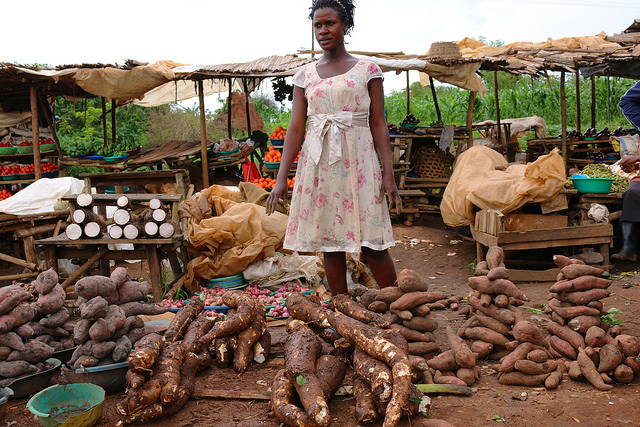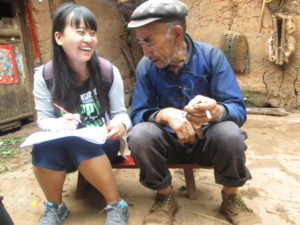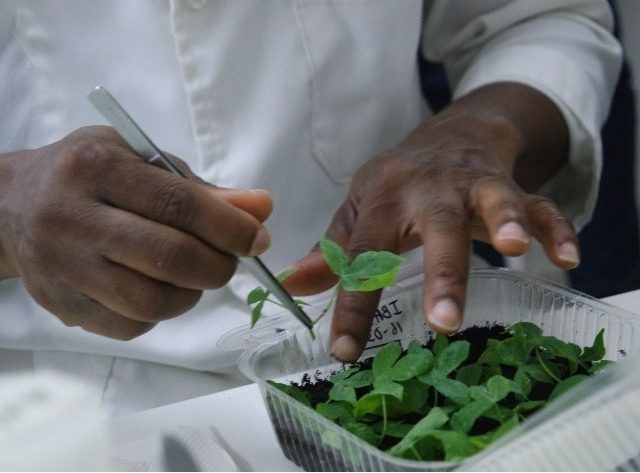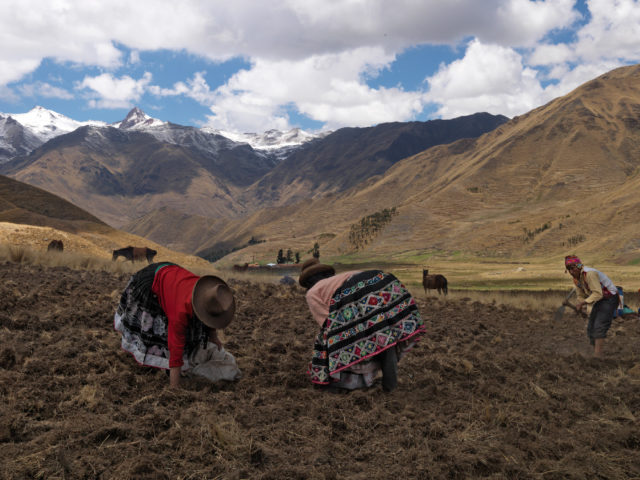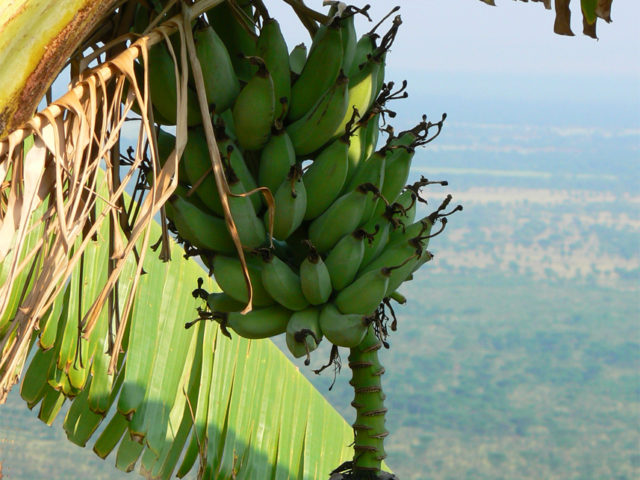Assessing the impact of the CGIAR Research Program on Roots, Tubers and Bananas’ (RTB) research and development initiatives is a core part of the program’s work. To take stock of progress on RTB’s impact assessment studies currently underway and identify upcoming opportunities for the program’s second phase, RTB’s Impact Assessment team came together in Boston on July 31.
Representatives from RTB partner centers, including Bioversity International, the International Center for Tropical Agriculture (CIAT), the International Institute of Tropical Agriculture (IITA) and the International Potato Center (CIP) presented updates on ongoing RTB related impact assessment activities.
Updates were shared on working papers on strategic research priorities for potato, sweetpotato, cassava, yam and banana.
Potential areas of collaboration for RTB’s second phase were also highlighted: including investigating the global impact of root, tubers and banana crops, modeling and analyzing impacts of sustainable intensification and on rural transformation, and meta-analysis of post-harvest losses for all RTB crops.
The meeting also provided an opportunity to look at potential partnership strategies for future work with MSU and Virginia Tech.
“During the first phase, RTB centers worked together on the strategic assessment of RTB research priorities and advancing critical impact studies for each crop. We need to keep the momentum in the second phase, but we will need to focus on the impact on the system as a whole and beyond the farm-gate. For this, we will need good partnerships to develop and apply appropriate methods,” said Dr. Guy Hareau, Agricultural Economist, International Potato Center.
The meeting followed the CGIAR’s Standing Panel of Impact Assessment (SPIA) meeting from July 29 – 30, during which Dr. Hareau presented the preliminary results of the adoption of the Cooperation 88 (C88) potato variety in China.
Developed through a collaboration between CIP and Yunnan Normal University (YNU) with the goal of breeding a high quality, late blight resistant variety, C88 was named and released as a cultivar in 1996. By 2009, it covered 186,667 hectares and was the most widely grown variety in Yunnan, China.
To measure the impact of the variety, a collaborative effort funded by SPIA and with additional funding from RTB, was undertaken by CIP, Virginia Tech and YNU. The study aims to verify previous adoption estimates of C88 in Yunnan and determine the economic benefits it has brought to consumers and producers in China.
During the SPIA meeting, Dr. Enoch Kikulwe of Bioversity International also presented an overview of RTB’s planned impact assessment activities under the program’s newly developed Flagship Project 5 on ‘Improving Livelihoods at Scale’.
